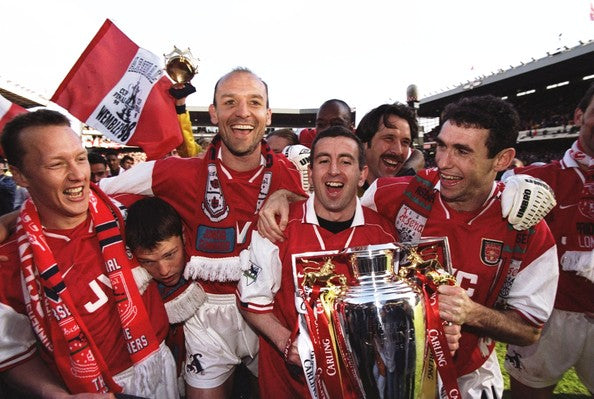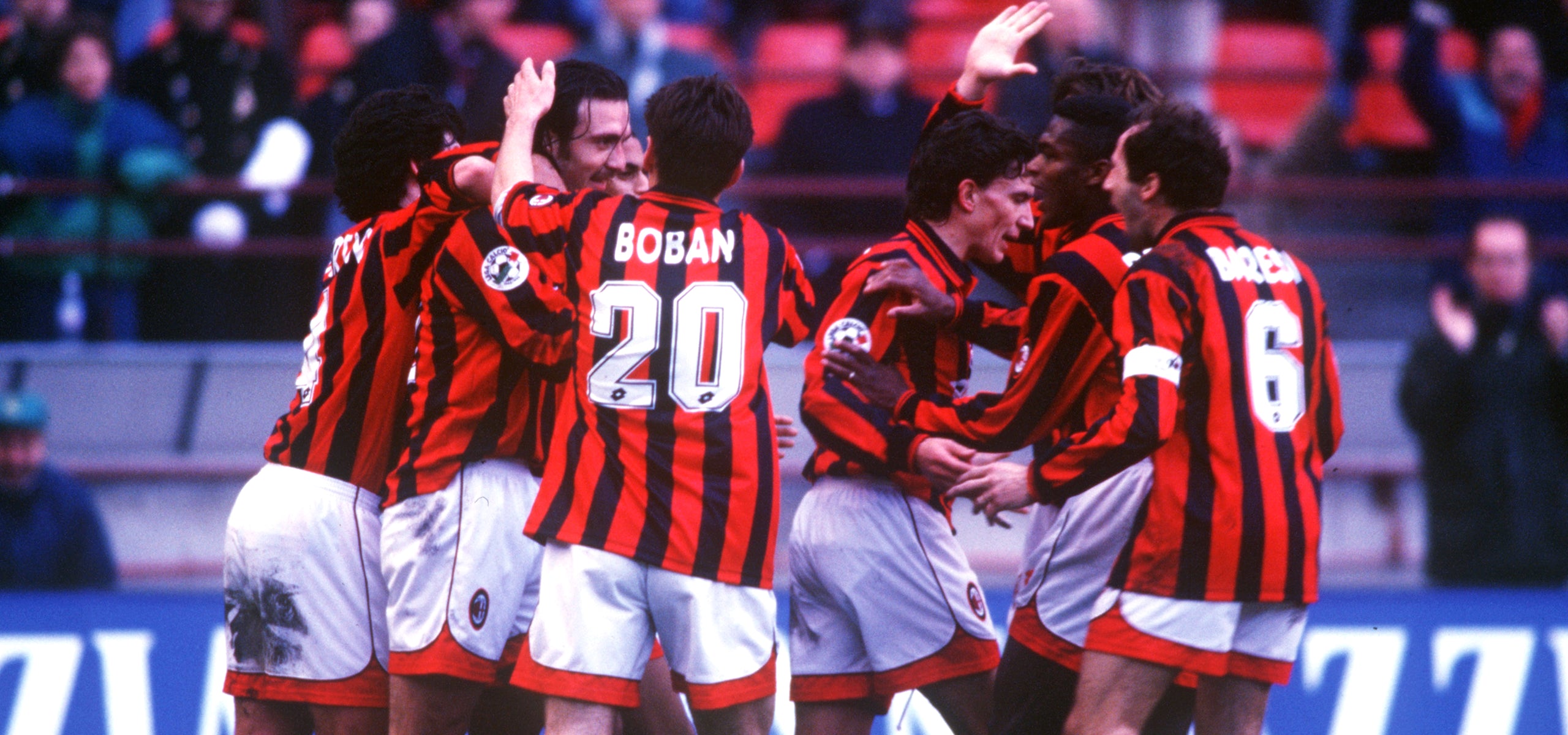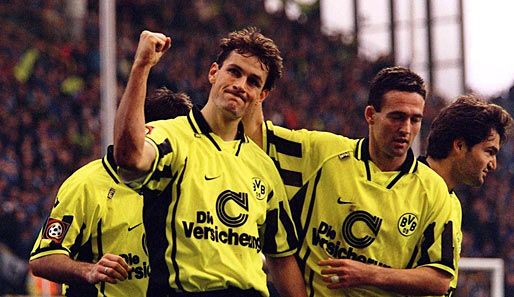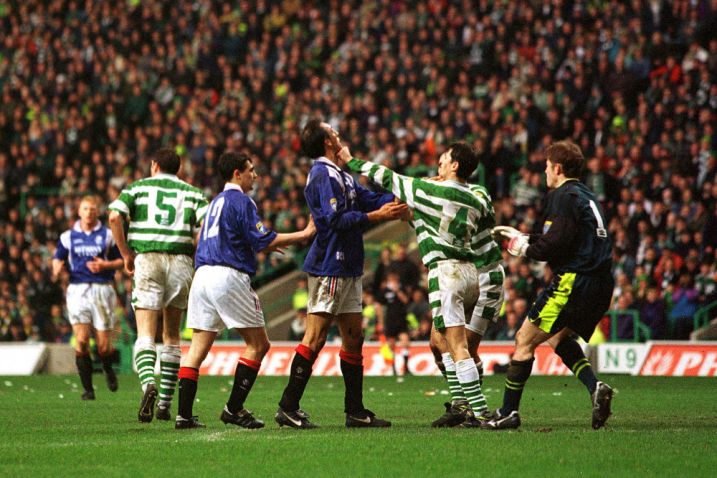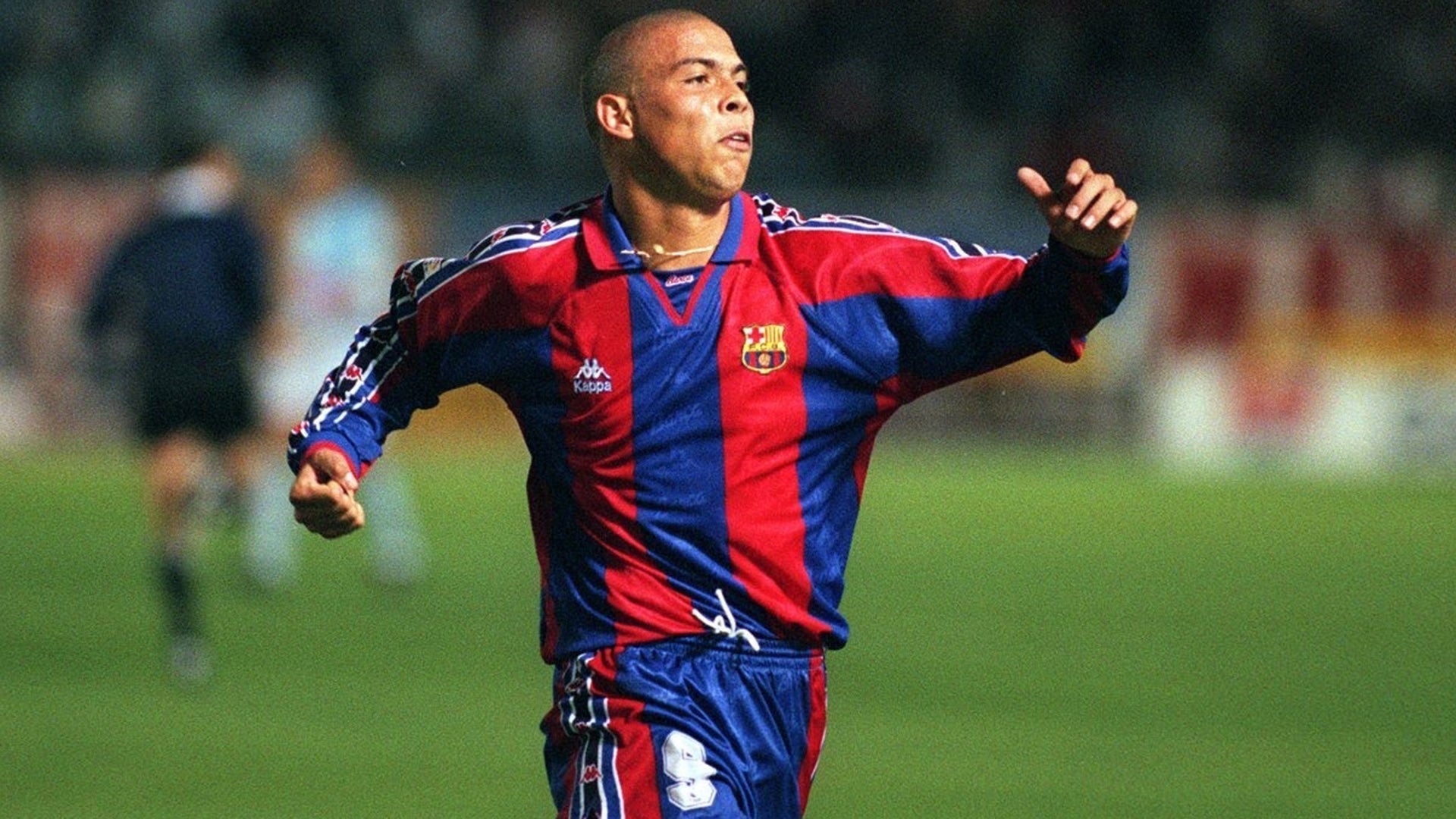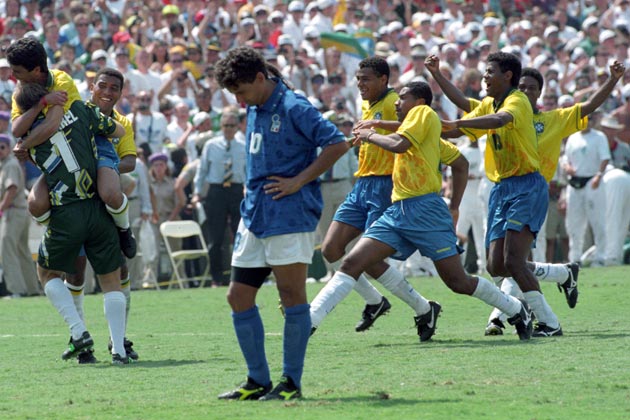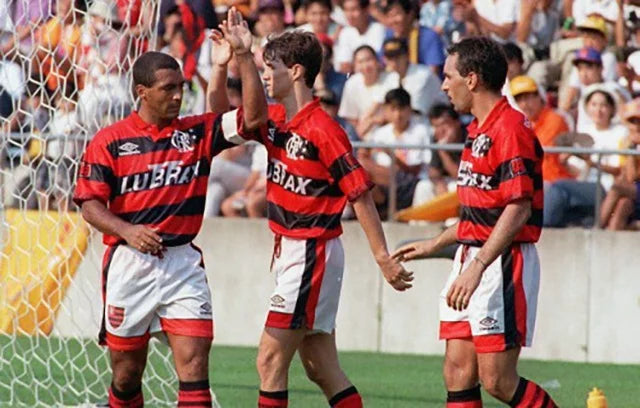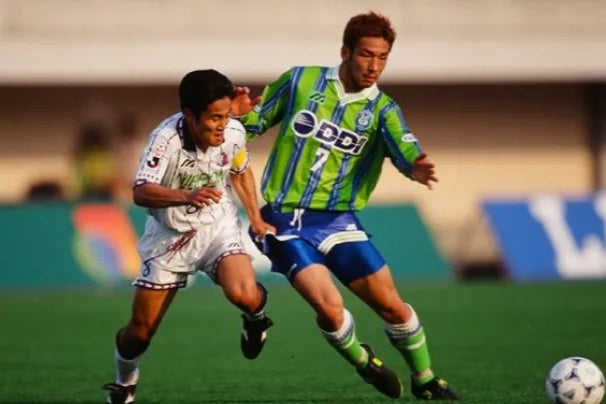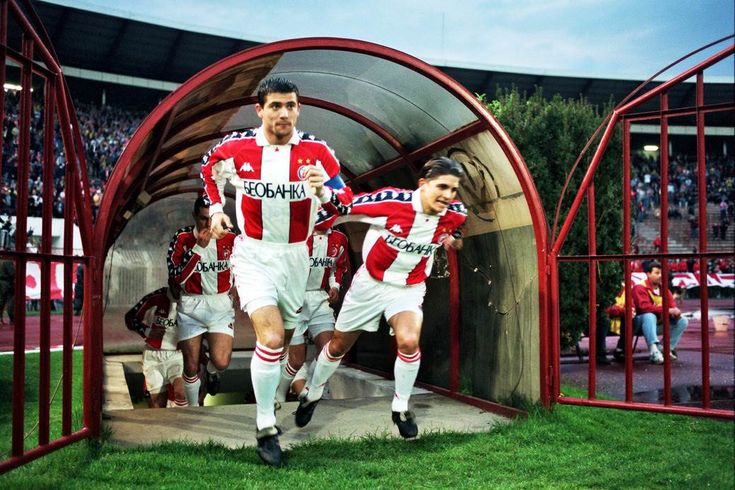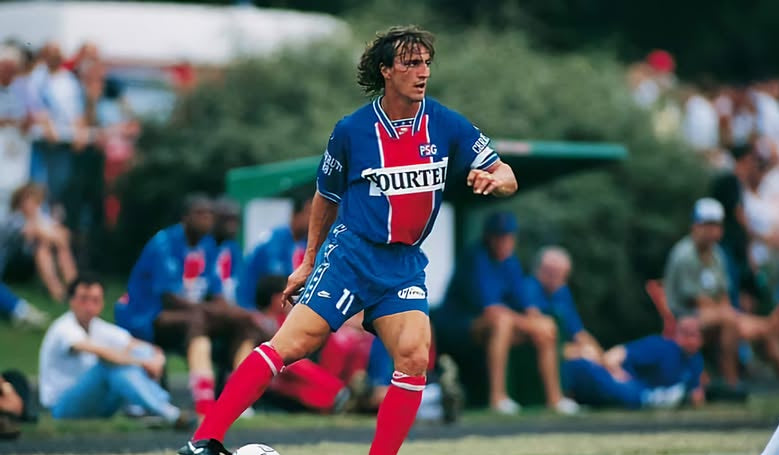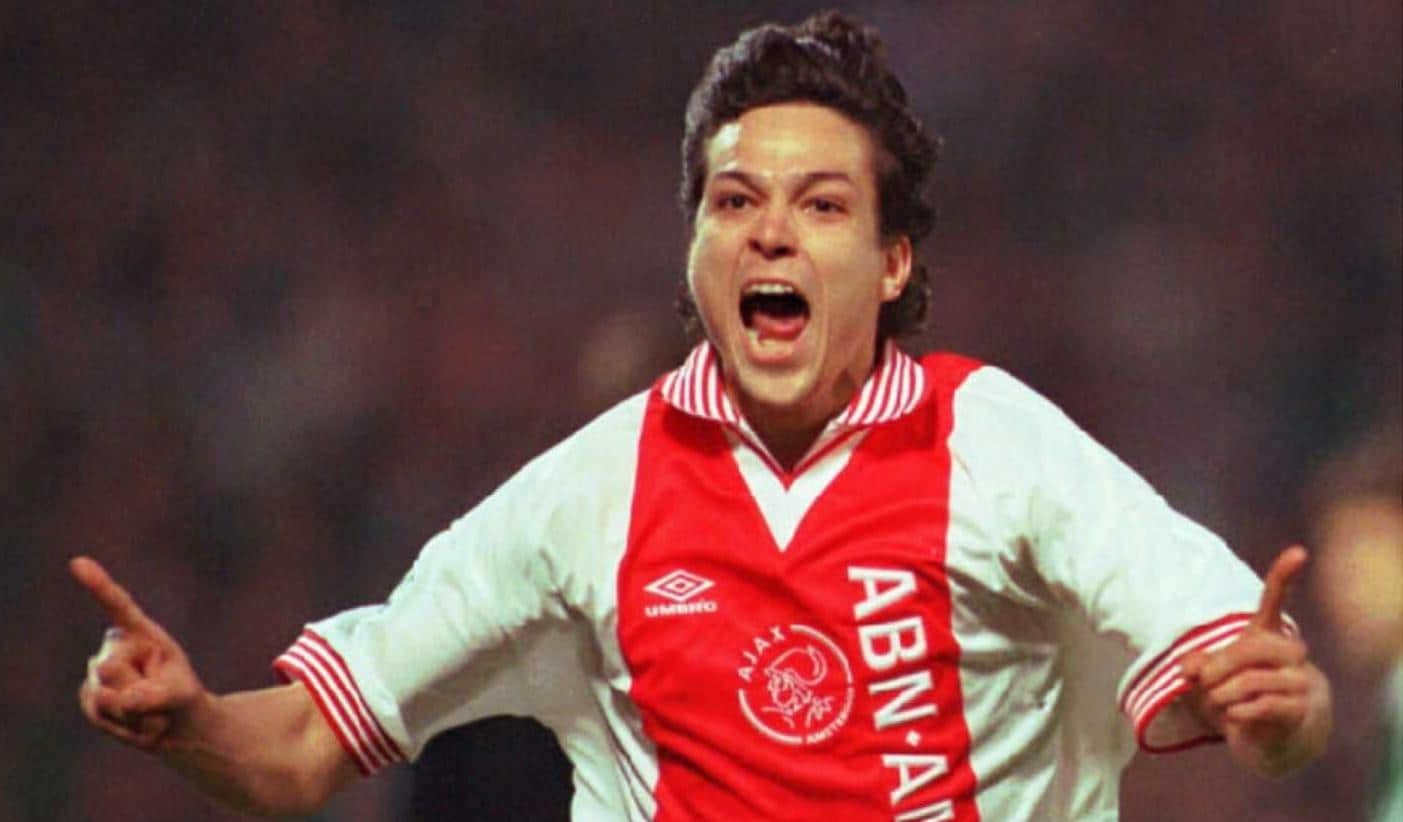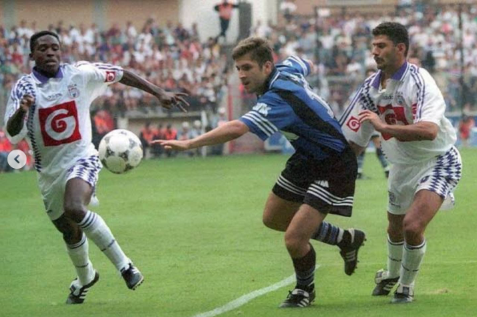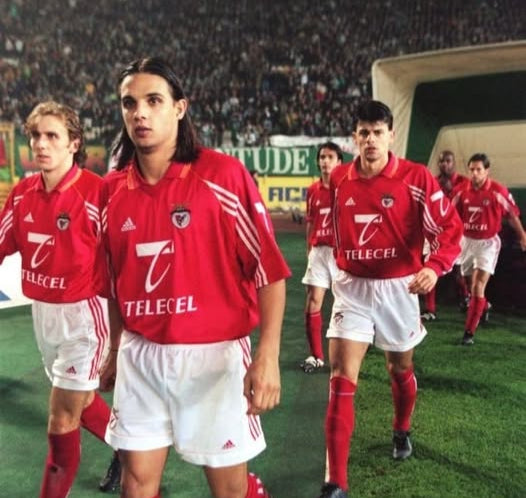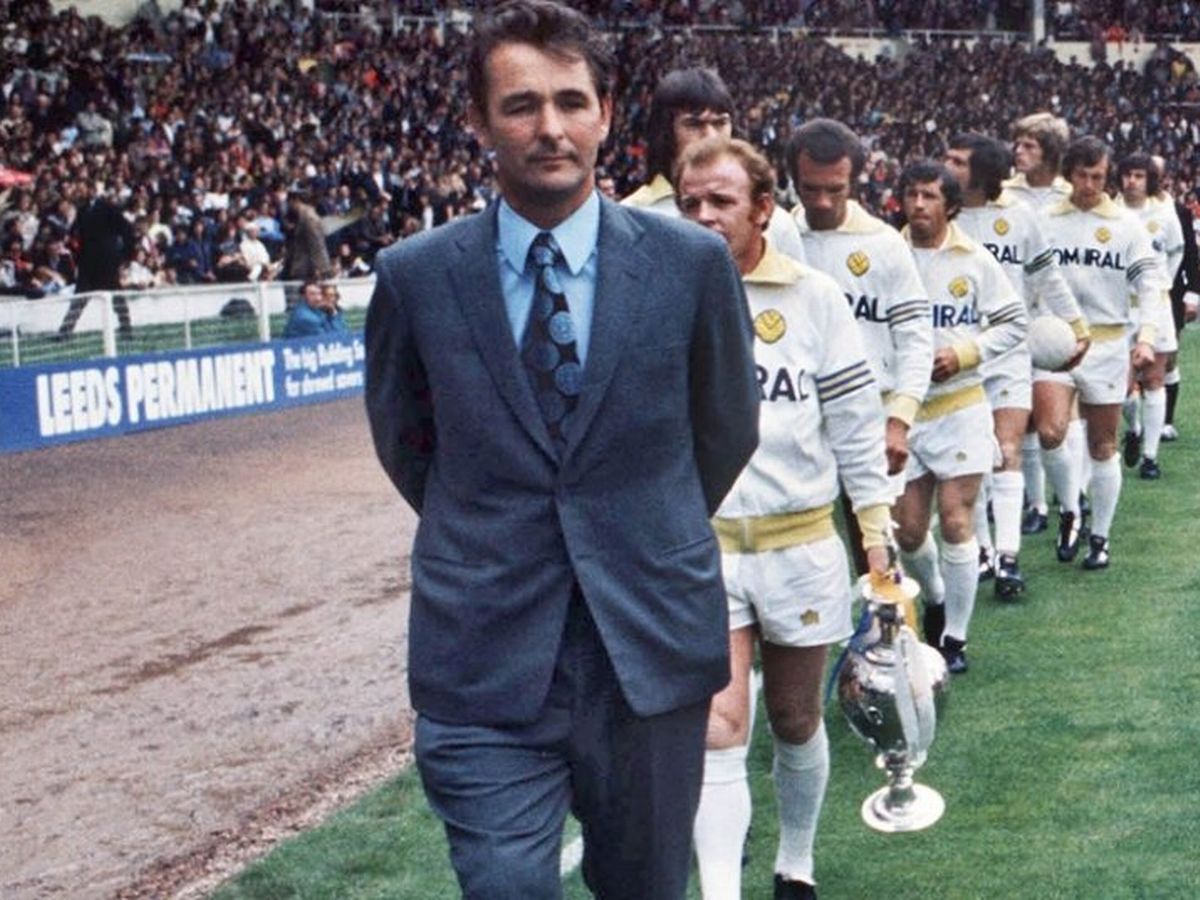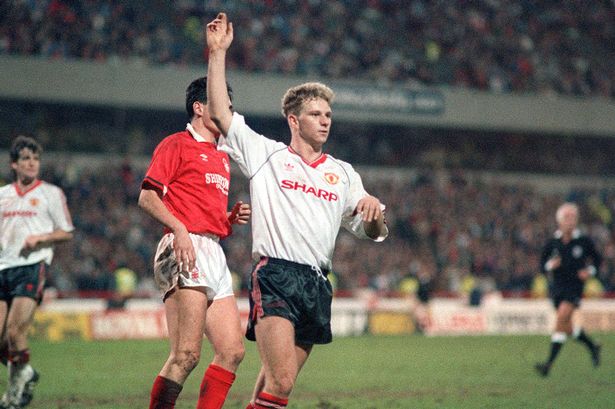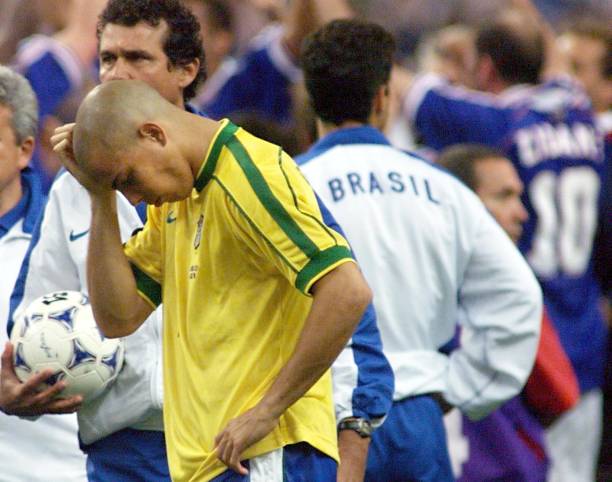
What if... Ronaldo was fit for the 1998 World Cup final?
There are moments in football that feel like dreams remembered badly, half-faded at the edges, never quite adding up. The night Ronaldo played in Paris in 1998 is one of them. He was supposed to be the brightest star in a sky full of fireworks, a 21-year-old phenomenon with feet that moved quicker than cameras could capture, a smile that seemed built for destiny. Instead, he walked out looking lost, pale under the floodlights, and for once the world’s fastest man looked as though he was standing still.
But imagine if the story was different. Imagine the convulsions never came, the hospital bed never existed, the rumours never spun. Imagine Ronaldo walking out of the tunnel with that spring in his step, shoulders loose, head high, the boy who made San Siro gasp and left defenders in pieces.

Picture it: the first ball played into him, chest cushioned, spin past Leboeuf, a drop of the shoulder that sends Desailly the wrong way. The Stade de France inhales sharply. A moment later, Barthez is picking the ball out of his net. Brazil are leading, the samba drums are louder, and Ronaldo is smiling again.
From there the night bends. Zidane still rises like a king to head home, but the atmosphere feels different. The final is no longer France’s coronation, but a duel. Rivaldo and Bebeto join the dance, Roberto Carlos sprints the left touchline like a man possessed, and Ronaldo keeps dragging the game into chaos. Perhaps it finishes 2-2, perhaps golden goal, perhaps penalties. But one thing is certain: it does not end with Brazil’s talisman staring blankly into the night as Les Bleus lift the trophy.
If it had played out that way, history changes. Ronaldo becomes Pelé in Stockholm, a boy crowned king on the biggest stage. He lifts the Ballon d’Or without argument. The conversation around France’s golden generation is quieter, delayed until Rotterdam in 2000. Zidane is still Zidane, but not yet the man of destiny.

Instead, reality gave us one of football’s strangest nights, an event that feels part match, part fever dream. Ronaldo did not get his coronation in 1998. He had to wait four years, battered and rebuilt, to rise again in Yokohama. Maybe that was the point: that greatness is not just brilliance, but survival.
Still, the question lingers. What if the boy wonder had been himself in Paris? What if he had flown that night instead of faltered? Somewhere, in the hazy half-light of football’s “what ifs”, Ronaldo runs free, and the world remembers the 1998 final not as a mystery, but as the night a king was crowned.

